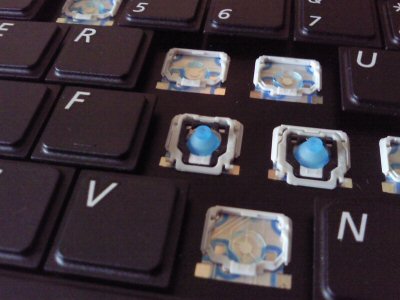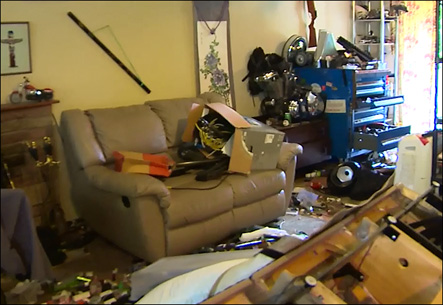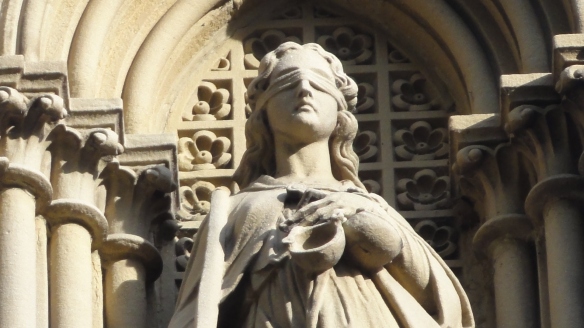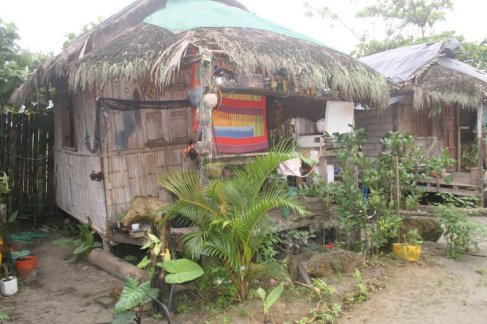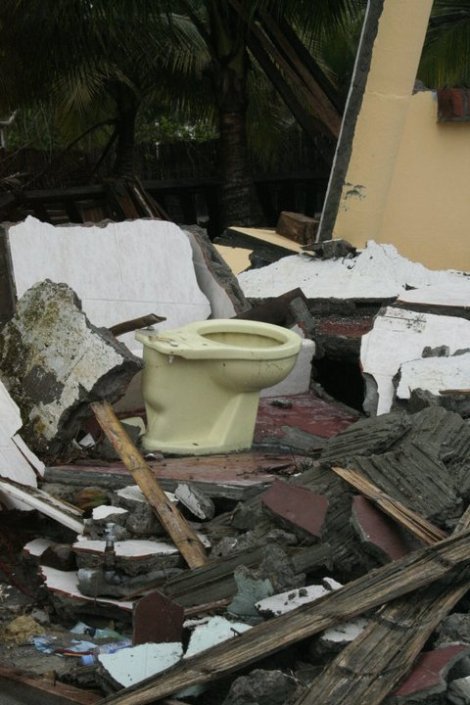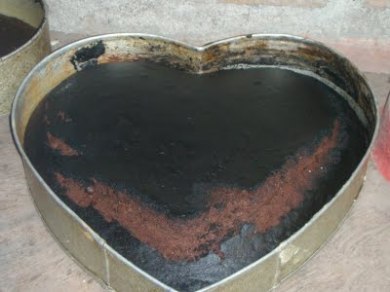“What are you doing?” asks Carmen, after I answer her call.
“I’m at home, watching a movie.”
“Let’s go to the cemetery. I’ll come by and pick you up.”
I’d been wanting to go to the cemetery to take photos for a book that I’ve been working on about daily life in Mompiche but, thus far, hadn’t managed to get there. The afternoon is bright and sunny. Perfect for photos. It’s a good time for me to get out of the house. I’ve been holed up in my cave for weeks, feeling flat, not so keen to face the world beyond the gate. Hostilities fueled by Mayor’s incarceration have escalated. It doesn’t feel good to walk down the street. Whenever I do, it’s just for a few minutes, usually to pick up groceries. I walk slowly with a self-conscious effort to appear calm; head up, shoulders back, the personification of quiet dignity. In truth, I haven’t done anything wrong. A man from the village has been sent to prison for violently attacking me at my home, but I am the one being treated like a criminal. Women hurl insults from open windows. Men put their heads together in groups and snicker as I pass. Children sometimes throw things. It’s easier to hide at home in my safe place.
“Okay,” I agree, switching off the computer. It will do me good to get out.
As I am pulling on jeans, the phone rings again.
“Where have you been?” asks Fabiola. “I haven’t seen you for ages. Are you okay?”
“I’m okay. I’ve just been very busy,” I lie, unwilling to admit that I’ve been swallowed by darkness and have been temporarily paralyzed from the neck up.
I’m supposed to be writing a book, but have been gazing blankly at a clean screen for weeks. I feel like Virginia Woolf in her darkest moment. As we chat, I lie on my bed, feeling swamped by lethargy once again. It’s like some kind of gravitational pull sucking out my life force and dragging all my emotions down to ground level. I don’t feel depressed in the clinical sense of depression, but I certainly am not happy. In fact, I don’t really feel anything at all, just numb from head to toe. It takes all of my will-power not to call myself hurtful names in the mirror each day.
“Come and see me soon, okay?” she closes, heading off to feed her animals.
Carmen arrives in a whirl of giggles, chattering and greeting my weekend house guests as she makes her way to my room.
“C’mon, lazypants. Get up. Let’s go. Oh, and bring a machete.”
“Why do we need … ?”
“Snakes,” responds Carmen. “We might run into snakes at the cemetery.”
Even if we do see any snakes, I’d be the last person on earth to swipe at them with a machete. Live and let live. If I spot any serpenty-types, I won’t tell her. I’m not a killer. However, I obey her orders without further questions. In Mompiche, you never know when a machete might come in handy. Choosing the smallest, sharpest blade from my machete collection of two, I slide the solid handle neatly in to my palm and follow Carmen out the door.
“Why do you wanna go to the cemetery now?” I ask.
“Something to do. There’s not much going on.”
We walk down the main street, through town and along the beach toward Fabiola’s place, on the other side of the rock wall. Still in a mind-fog, I don’t really notice who is around, apart from a few men repairing fishing nets on the beach.
“We have to stop here,” I tell Carmen. Absent for so long, I owe Fabiola a visit.
She is delighted to see us, instantly pulling fresh green coconuts from a branch for us to drink. As Carmen takes a seat, she nods down the beach.
“Look who’s on their way down here.”
We all turn to see Mayor’s wife, her sister and two other women walking along the wet sand. One of them is carrying a machete.
“That’s trouble if I ever saw it,” says Carmen.
Fabiola sets the coconuts aside and gestures for us to follow her. My two best friends lead me to the back of the property where we discuss the receding mangrove forest, the possibility of finding clams in the mud, and the ducks’ fondness for swimming there every morning. After several minutes of inane conversation, the coast is finally declared clear. The women have passed by, and are now ascending the path to the cemetery.
“We don’t need that kind of nonsense,” states Carmen, settling back into a chair with her opened coconut. “We’ll just wait for a bit and see if they come down. We should avoid any trouble.”
Fabiola opens more coconuts and we sit side by side, sipping the refreshing juice and admiring the beauty of her little paradise on the point.
Fabiola is Mompiche’s answer to Doctor Dolittle, and takes in all kind of stray and abandoned animals. On the day Carmen and I are visiting, she has sixteen dogs, fifteen cats, three ducks, two geese, eighteen chickens, two cows and seventeen horses in residence. Her dream is to open an animal refuge with full amenities and then put much of the menagerie up for adoption to kind people who will take good care of them. Lacking funds and resources, Fabiola spends almost all of her own money on feeding animals that people dump on the beach, often during their vacations, because they grew out of puppyhood. Many of the dogs are older. Most of the cats are unwanted kittens. The calves were abandoned by their mothers. Fabi names each new arrival and hand-feeds all the babies until they are able to feed themselves from the bowls she sets out.
Countless times, I have been down there in time for calf-feeding; we’d fill beer bottles with warm formula and add a teat so Anabel or Abel could suckle. We’d have to fill six bottles and quickly switch the teat as each bottle was emptied. I lost count of the number of times Anabel head-butted my thigh while changing teats. Some days, I went home covered in bruises from her budding horns. Other days, we are bitten, scratched, kicked, and even pecked by angry geese as we care for the unruly crowd. None of that matters, it’s more important that the animals are all fed and housed comfortably. The critters are Fabiola’s world.
“They’re still up there,” I remark after a long while, wondering out loud at the intent of the women on the hill. Snakes, indeed ….
“It’s not an accident,” responds Carmen. “When I called you, they were minding their own business, cleaning the fishing nets. Now, all of a sudden, they’re here. They knew you would be down here.”
“How would they know that?”
“I guess they overheard me talking to you on the phone. They were right there when I called.”
“You are not to go up there, Roni,” pipes in Fabiola, sternly. “It’s too dangerous.”
Carmen nods agreement. “She’s right.”
Our trip to the cemetery aborted on the grounds of potential assassination, I sip my coconut quietly. There are so many unanswered questions whirling in my mind. Would they really hurt me? Could anyone be that stupid? Her husband is serving time for doing exactly that, why would she follow in his footsteps? They’d have to kill both of us to get away with it, would they go that far?
“Do you think they would actually … ?”
Carmen’s look silences me. Fabiola shakes her head in dismay. She can’t believe it either.
Armed with a finely sharpened machete, I still wouldn’t be a match against four angry women. Without doubt, I know Carmen would back me up, but it isn’t worth the risk to either of us. Flinching at the thought of such violence, I feel rattled by this terrible plot. As an author, I couldn’t even make up this much bizarreness. For the time being, Carmen and I stay put, chatting with Fabiola until we are certain the murderous foursome are not coming down the path any time soon. If they do come down, our plan is to slip up there quietly and take the photos I want.
At least the view from our beachfront table is spectacular. That is something for which to be grateful. Fabiola’s sprawling place is the last one on the end of the beach, before the landscape rises sharply up the hill. A rocky path takes surfers out to the point break, a popular surf spot during the season. Just around the corner, a colony of blue-footed boobies resides on the cliff face. Pelicans, frigate birds and great blue herons take shelter on the hilltop. The lush tropical jungle covering the small peninsula is interrupted only by the smattering of brilliant white headstones lined up neatly in the cemetery. Once a year, just before All Soul’s Day, a group of locals visit and clean out the overgrowth, pull weeds and plant flowers to make it spic and span for the coming commemorative festivities. Afterward, Mompiche’s final resting place is at its prettiest, dotted with colorful bouquets and boasting one of the most magnificent views of the village and its long white beach. From time to time, we glimpse flashes of the group’s red, pink and yellow shirts moving around between the graves. Carmen and Fabiola, two Ecuadorian women who have stood by my side throughout every single ordeal, don’t want me to end up in a cement crypt any sooner than is necessary.
“They followed us down here on purpose,” Carmen whispers to Fabiola. Her tone is sinister.
“What kind of idiots are they?” snaps Fabiola impatiently. “Who do they think they are?”
An involuntary shiver runs down my spine. Five years ago, I came to this beautiful little stretch of white sand to live in peace, to escape an insane war that wouldn’t stop, to immerse myself in nature and become one with the earth, to get my hands dirty in rich fertile soil and plant my own food. Aside from denting the egos of several amorous men, I haven’t hurt anyone. The last few years have been challenging on every single level, but I’ve persisted in following my dream despite all the obstacles. Regardless of what has been tossed my way in this mishmash life I’ve created for myself in a different culture, I’ve remained strong the entire time, putting one foot in front of the other without fail, and I feel like it’s time to relax and celebrate some of my achievements. Now, with a threat against my life, it seems that every speck of my existence is in question.
As the sky darkens, approaching dusk, the women are still up on the hill, lying in wait. Carmen and I bid Fabiola farewell with kisses on her cheeks and warm hugs. We walk slowly back along the beach toward the village, the machete dangling from my hand. Mission unsuccessful.
“We’ll go another time,” she assures me. “Next time, I won’t say it out loud.”
Feeling pensive, I am quiet. In truth, knowing there are people who want to hurt me, I don’t really know what to say.
My friends’ efforts to lift me out of the doldrums is applaudable, I truly appreciate it but, after today, all I want to do is crawl back into my cave and stay there for eternity. Will someone please wake me up when the world outside my gate has come to its senses?




